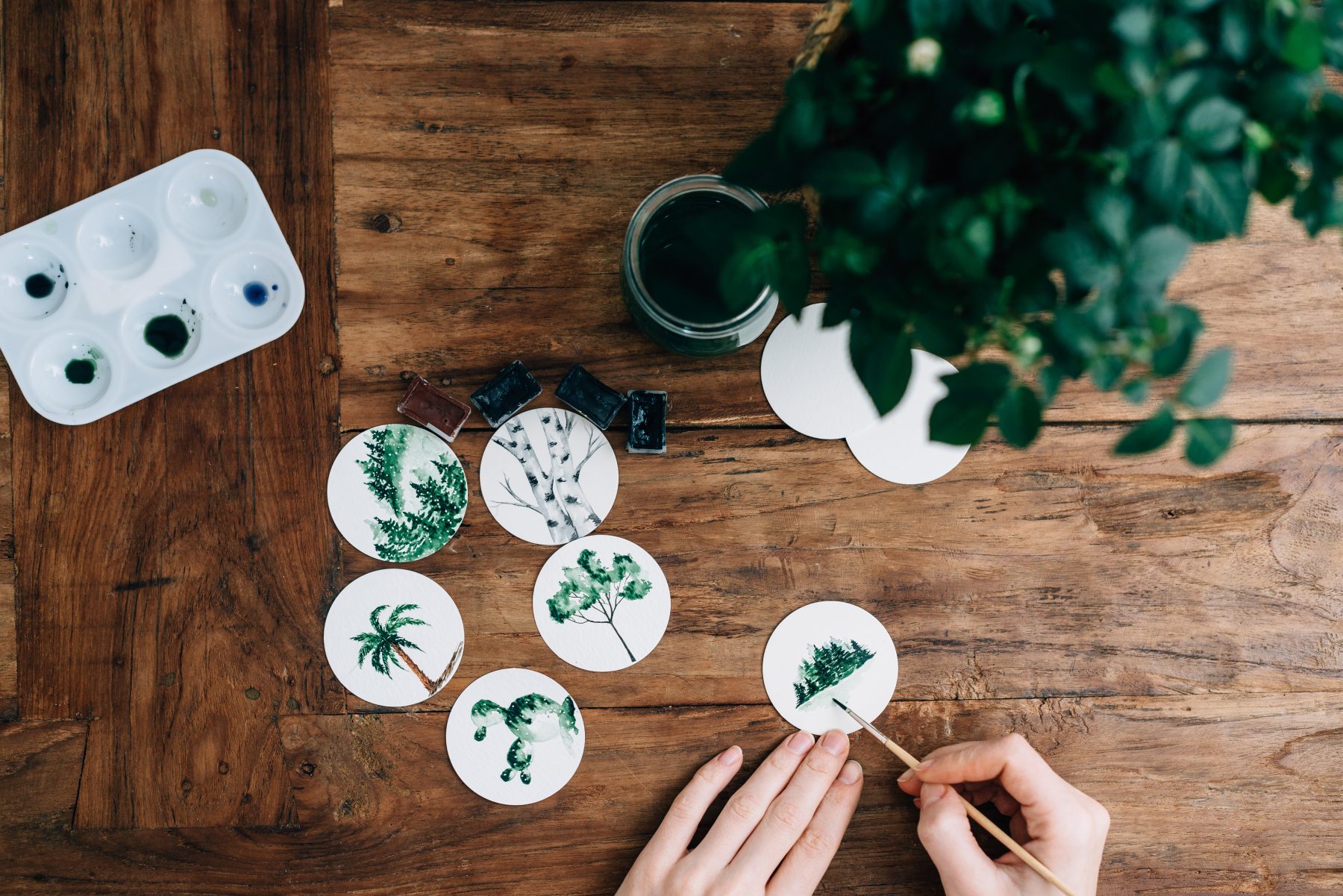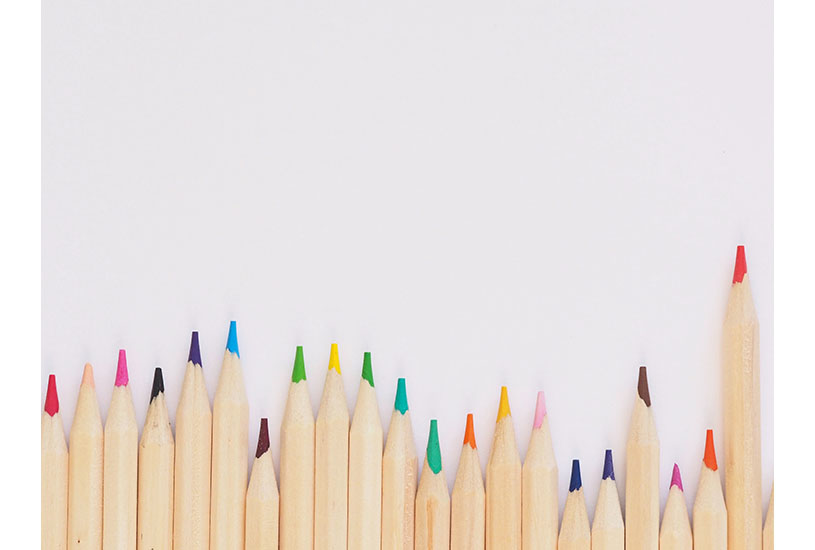The world’s awareness and protection of mental health is growing. And creativity is a tool that can hugely benefit it.
Humans have been creating since prehistoric times, when our ancestors left their first marks on cave walls.
Creativity is an inherent part of being human. But the demands of modern life mean many of us underutilise our creative potential.
By channelling our creativity, you may be surprised to know that we can improve our mental health.
Almost half of Australians experience a mental disorder during their lifetime. Anxiety and depression are the most common problems.
Creativity doesn’t only refer to the visual and performing arts, like painting or dancing. Professor Michael Berk from Deakin University’s School of Medicine says the skill is very diverse.
Creative activities can include gardening, woodworking, playing a tune, writing in a diary, or even rearranging your lounge room.
We all enjoy different things and can find something creative to occupy ourselves – even if we don’t think we’re a ‘creative person’.
Grab a trendy adult colouring book, do some baking, get your hands dirty in the garden, or listen to some music.
As long as we’re being creative, we’re reaping the benefits.
Countless perks
We have very busy minds – it’s estimated that the average person has up to 60,000 thoughts every day.
When you’re completely absorbed in a creative activity, though, you can get caught in a flow. The repetitive nature of activities like knitting or drawing can help with this. We lose ourselves and our sense of time.
This gives us more of a sense of control and distracts us from the constant thoughts.
Instead, we can focus on the task at hand that we enjoy. We’re calmer and our brain and body relax, reducing stress and anxiety.
“Mindful activities that you enjoy, where we can focus deeply and exclude the troublesome outside world, are healthy and a great way of coping,” Professor Berk says.

“Your world is what you allow yourself to focus on.”
Combine the process of being creative with the feeling of achievement at having created something and we can boost our confidence, brain and mood.
“The process of pursuing and engaging in an enjoyable, goal-directed activity releases dopamine and other chemicals that play a role in regulating mood.”
“Being able to engage in anything that’s productive and meaningful is valuable for our mental health, growth and development,” Professor Berk says.
“It doesn’t matter what that activity is, but it’s a healthy and adaptive psychological strategy.”
We can also enhance our learning and knowledge through creativity. Did you ever learn your times tables, the names of planets or something else to a particular tune or jingle?
Writing things down – a creative activity – is known to help with learning and memorisation, too.
Although creating may not make us geniuses, Professor Berk says creativity “allows you to make better use of what you have.” You might like to think of it as strengthening a muscle.
Regular meaningful and enjoyable activities also help create a better work-life balance and overall health.
Trauma and mental conditions
While creativity has countless perks, Professor Berk says it’s even more relevant for people experiencing mental illness or trauma.
“It’s important for people who are struggling to defocus from the sources of their anxiety and distress and focus on constructive coping activities.
“And again there’s that sense of mastery, achievement and control from engaging in creativity which is important for those struggling.”
Professor Berk reminds us that much of the world’s great art comes from people who’ve experienced pain.
“It’s a way of processing and making sense of negative emotions, stress and trauma.”
Writing and journaling for example, allow us to navigate and express feelings or events we’ve experienced that cannot be changed, like the death of a loved one or an act of violence, in a productive way.
Painting and drawing can also help us express trauma we might find too difficult to verbalise.
Although it might feel painful in the short term, creativity is cathartic and remedial in the long term and supports recovery.
The experience of a mental condition or traumatic event may be integrated into someone’s life story and identity.
Creativity is also strongly linked to who we are and how we see ourselves.
“How you create and what you create is an expression of who you are,” Professor Berk says. “It also reflects your achievements which reinforces your sense of identity.”

Thankfully, creativity can also make us more social by bringing together like-minded people who share similar interests.
Engaging in creative activities with a social group like a book club, attending an art or dance class, or even just visiting a gallery can connect us with others.
This can reduce loneliness, increase social support and help us gain a sense of belonging. In turn we’re aiding our mental health and recovery.
Book worms
Professor Berk says reading is valuable in many ways we may not have considered before.
“It’s valuable to be able to read something in depth, at length and focus on it.”
When we read, we keep our brains active and learn all sorts of interesting information on a range of topics.
The more we learn, the better-equipped we are to tackle challenges and difficult situations we encounter.
When we read a poem or story we really connect with, we realise we aren’t so alone in our situation. We may feel empowered that we can overcome similar circumstances, too.
If we read a new perspective, we can learn to empathise and understand different ways of seeing the world, which can improve our social skills.
We can form stronger connections with others and maintain support networks that enhance mental health.
Reading can also take us to a different world. We lose ourselves in the story, entertain our brains and relax.
So, with the countless perks of creativity in mind, set aside some time for yourself regularly to let your creative juices flow, whether it’s on your commute, during a lunch break, or at the end of a long day.
Everyone is capable of being creative. Start small and find what works for you.



